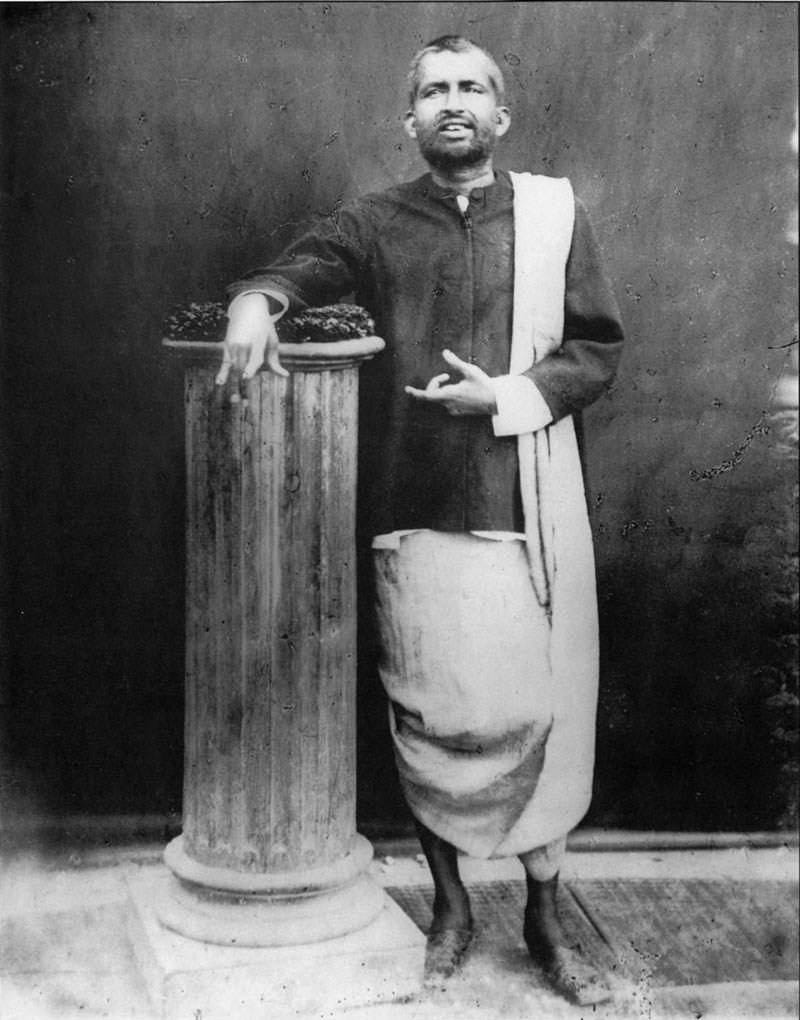Commonplace: Parable of the Three Robbers
Three Gunas of Nature
A man was going through the woods. On his way he was caught by a band of three robbers. They took away everything he had. Then the first robber asked: “What is the use of keeping this man alive?” And drawing his sword, he was about to kill him, when the second robber stopped him, saying: “What good will be done by killing him? Tie his hands and feet and throw him to one side.” So they bound his hands and feet and went away leaving him by the roadside. After they had been gone for a while, the third robber returned and said to him: “Ah! are you hurt? Come, let me untie the cords and release you.” Then when he had removed the cords, he said: “Now come with me. I will show you the road.” After walking for a long distance, they found the road, and then the robber said: “Look, there is your home. Follow the road and you will soon reach it.” The man, thanking him, replied: “Sir, you have done me a great service. I am greatly obliged to you. Will you not come with me to my house?” The robber answered: “No, I cannot go there; the guard would find me out.”
This world is the wilderness. The three robbers are the three Gunas of nature, — Sattwa, Rajas, and Tamas. Jiva or the individual soul is the traveler; self-knowledge is his treasure. The Tamas quality tries to destroy the Jiva, the Rajas quality binds him with the fetters of the world, but the Sattwa quality protects him from the actions of Rajas and Tamas. By taking refuge with the Sattwa quality, Jiva becomes free from lust and anger, which are effects of Tamas; the Sattwa quality also emancipates the Jiva or the individual soul from the bondage of the world. But Sattwa quality itself is also a robber. It cannot give Divine wisdom or the knowledge of the Absolute. It leads one, however, up to the path of the Supreme Abode and then it says: “Behold, there is thy home!” Then it disappears. Even the Sattwa quality cannot go near the abode of the Absolute.
M., The Gospel of Ramakrishna, trans. Swami Abhedananda (The Vedanta Society, 1907), 253-254.


